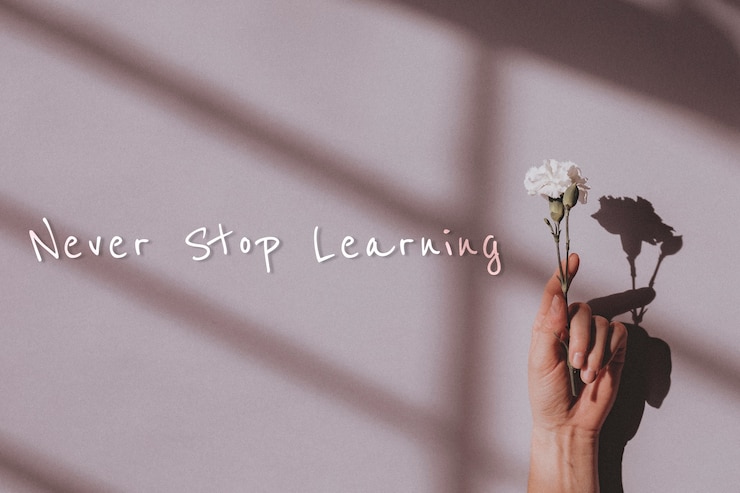
## Table of Contents
Imagine spending a sunny summer day at the park, relaxing on a bench while feeling the sun’s warmth on your face. You breathe out a sigh of contentment as you hear your child giggling as they slide down.
And then, that moment is interrupted.
A boisterous child comes along, jostling your toddler on the steps, climbing where they shouldn’t, and skipping the line of kids waiting for the slide. “So much for peace,” you think, getting up to intervene with your child.
You find yourself wondering, “What’s up with that kid!?” in a moment of frustration.
When things don’t go as planned, or when social activities for our kids get tense, it’s easy to feel uneasy and frustrated. We all face those challenging moments when parenting feels utterly overwhelming.
Yes, dealing with that kid can be tiresome. But these days, I’ve started seeing that kid in a different light. This change in perspective happened when I realized I was raising such a child myself.
As my daughter grew past her toddler years, many of her socially inappropriate and challenging behaviors persisted. We learned her nervous system wasn’t handling sensory input well, which made it difficult for her to manage the sensory information she encountered daily.
Conditions like anxiety, sensory processing disorder (SPD), attention-deficit/hyperactivity disorder (ADHD), autism spectrum disorder (ASD), learning or developmental delays, and other unseen challenges don’t disappear at the park.
That kid still struggles to make sense of body language and communication cues amid noisy play. That kid finds it hard to wait in line because impulsive tendencies push him to the front, even when sensory issues make crowded spaces feel unbearable. That kid might have trouble listening because of delayed language processing, leading to cognitive overload and emotional meltdowns.
And just like that kid, your child is doing their best. All children are, for that matter. It would be easier to have patience if we knew for sure that kid has an invisible disability, but we often don’t know.
What if, instead of assuming we know everything, we gave each child the benefit of the doubt?
Maybe that kid, typically developing, is dealing with a big change like a new sibling or feeling lonely. Their family might be going through tough times, like a divorce or the loss of a loved one, amplifying their emotions.
That child might have had a rough start to the day, carrying feelings of shame and anger from earlier incidents at home or school.
Parents have the opportunity to model healthy coping skills, acceptance, and kindness when interacting with a struggling child. Before reacting to that kid’s behavior, ask yourself whether it’s truly harming or disrespecting your child, or if it’s just pressing your buttons, rooted in your personal issues or past experiences.
Children often have a natural ability to understand differences and will usually accept varied behaviors, unless influenced otherwise. Give the parents of that child a chance to guide and redirect them if needed. They’re often highly aware of their child’s actions and keen to manage them closely.
Our perspective on the playground—and in life—shifts when we assume every child is doing their best with the skills they have. No child wants to be perceived negatively by adults or peers. If a child needs correction and their caregiver doesn’t notice, you have the chance to offer guidance to a child who frequently faces disapproval.
Instead of expecting the worst, expect the best. Approach the child with respect and guidance, communicating as if they are capable and eager to learn. Talk to them how you would want someone to talk to your own child; it’s a great moment to teach and model problem-solving and communication for everyone involved.
If you can’t help the situation directly, take some time to discuss differences with your child. Explain that while the child’s behavior might seem inappropriate, they might have a brain or body that functions differently—and that’s okay. Highlight how we all have challenges and tough days, and that this child might be going through one today.
Finally, emphasize the shared experiences between the children. Let them know that even though a child may be struggling or behaving differently, they’re there to have fun just like everyone else.



